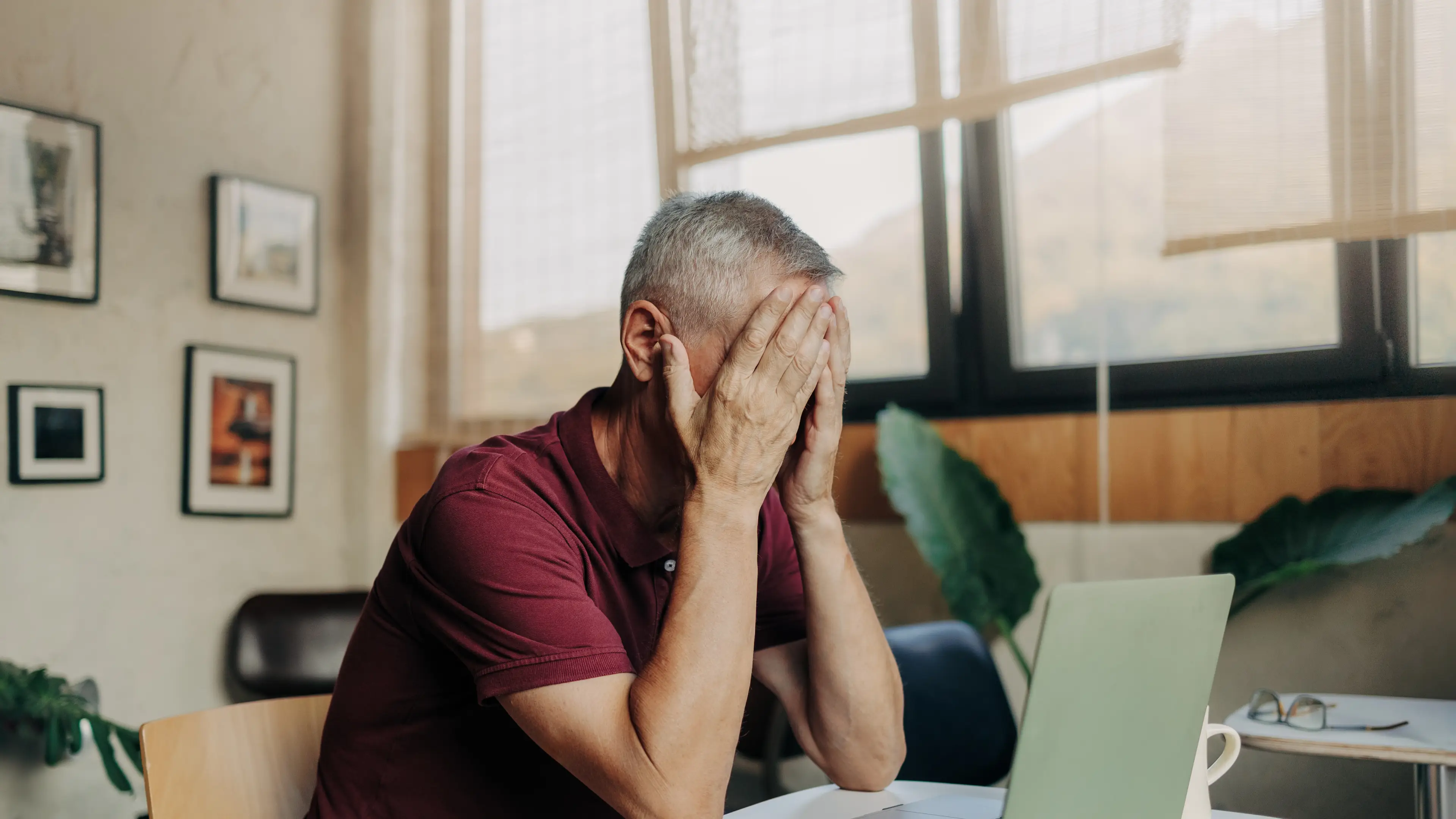
We all have those days when getting out of bed feels like climbing a mountain. Maybe you’ve had a late night, skipped breakfast, or just feel like your energy’s been zapped before the day’s even begun.
It’s easy to brush off constant tiredness as part of a busy lifestyle — the price we pay for long workdays, screens before sleep, and never really switching off.
But what if that feeling didn’t fade after a coffee or a nap? What if that bone-deep exhaustion lingered all day, every day, no matter what you did to fix it? Experts say there’s one particular morning symptom that shouldn’t be ignored, because it could be your body’s way of warning you about something far more serious.
According to doctors at Johns Hopkins Medicine, extreme fatigue that doesn’t go away with rest could actually be an early sign of cancer.
Advert

And while tiredness is something most people experience regularly, this kind of fatigue is very different from the usual post-work slump.
Experts from Johns Hopkins Medicine explained: "This isn’t fatigue similar to how you feel after a long day of work or play. Extreme fatigue that doesn’t get better with rest can be an early sign of cancer."
"Cancer uses your body’s nutrients to grow and advance, so those nutrients are no longer replenishing your body. This ‘nutrient theft’ can make you feel extremely tired."
Fatigue isn’t the only thing people should watch out for, but it’s one of the easiest symptoms to overlook.
The Johns Hopkins team adds that many things can cause tiredness, from stress to diet and poor sleep, but if the fatigue becomes ‘severe enough to affect your quality of life’, it’s time to talk to a doctor.

The medical experts also list several other symptoms people often dismiss but shouldn’t.
Unexplained weight loss of 10 pounds or more, recurring fevers (especially at night or without signs of infection), and persistent pain are all red flags that may warrant further investigation.
Skin changes, too, can signal something’s off; these are things like yellowing of the eyes or fingertips (a possible sign of jaundice), or moles that start to change shape, size, or color.
While noticing any of these symptoms doesn’t automatically mean you have cancer, doctors say early detection makes all the difference.
The key takeaway from all of this is to pay attention to your body and don’t ignore symptoms that stick around.
If you’ve been affected by any of these issues and want to speak to someone in confidence, contact the American Cancer Society on 1-800-227-2345 or via their live chat feature, available 24/7 every day of the year.
